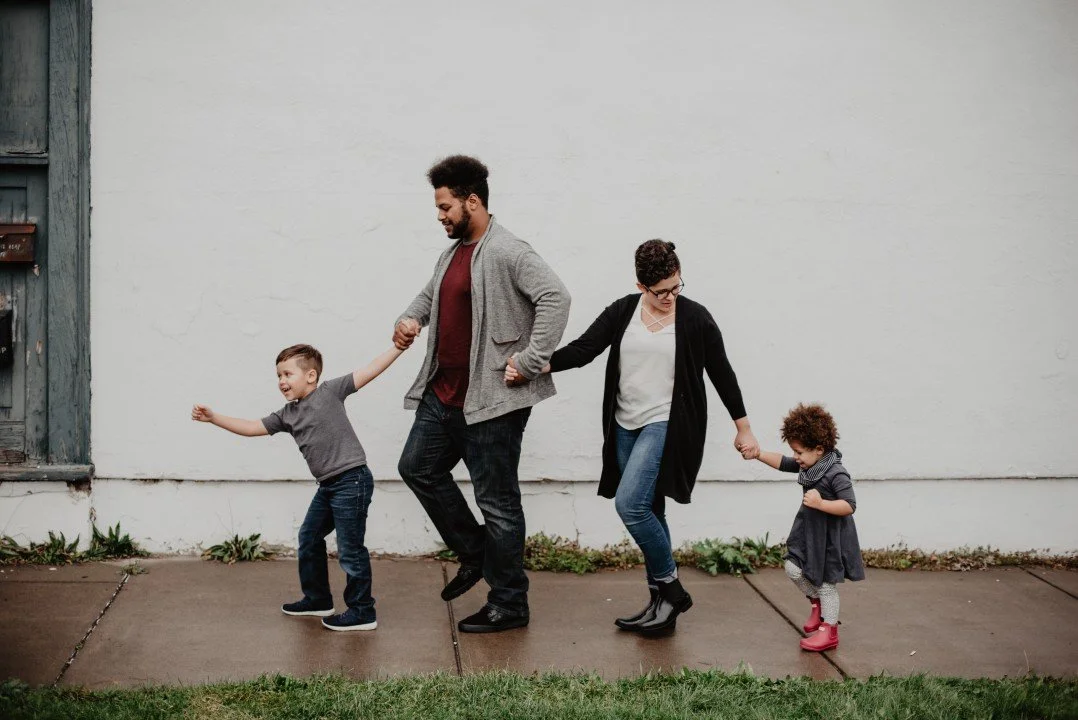Dear Parents, Guardians, and Caregivers:
You’re not failing. You’re experiencing burnout. You’ve spent nearly two years faced with impossible choices and overwhelming responsibilities, in an effort to keep your family safe. For 20+ months, you’ve been in a prolonged state of uncertainty, living in survival mode. It’s okay if you’re not feeling like yourself right now. The truth is, many of us aren’t. Give yourself permission to have a moment.
The anger, frustration, and overwhelm you feel aren’t signs that you can’t handle this – you’ve handled this for 20+ months. It means you’re human. It will take us years before we fully understand how the pandemic has reshaped how we once were. But what we now know is that the effects are multifaceted and deeply personal. Our roles as parents, guardians, and caregivers meant we were not only trying to survive a global shutdown; we were also tasked with the responsibility of keeping our children and family members safe.
It’s a lot to take in but many of us haven’t been able to yet; we haven’t had a moment to catch our breath in nearly two years. Mark Henick references that our brain, “does not let us process traumatic events until the threat is over.” With the constant stream of information, new rules and restrictions, and heightened anxieties, we haven’t been able to process and digest what we’ve lost, experienced, and how the world has changed. We haven’t had time - and in some cases the capacity - to grieve. With 2022 around the corner, we’re faced with the heaviness of winter months, and the added pressure of the holiday season. It’s time we step back and talk about parental burnout.
The first step is recognizing the signs. The danger is that we often don’t recognize burnout, until we’re in the depths of it. We overlook the early signs because we’ve normalized them. In some ways, we’ve become a society that’s turned the first few stages of burnout into a status symbol, and I’d suggest that we need to re-think this and fast.
Signs of Burnout
Here are some early indicators:
Decreased stress tolerance
Experiencing apathy, irritability, and/or feeling unproductive
Avoiding situations and/or having trouble concentrating
Change in sleep patterns and/or eating habits
Increase in panic attacks
Head and body aches
Exhaustion (feeling excessively tired, even though you may have had adequate rest)
We often find ourselves justifying a few weeks of poor sleep hygiene or overworking ourselves as the price to pay in order to keep it together and “do it all.” The danger in doing so, however, is we tend to dilute the warning signs that our bodies are signaling to us. Further, the transition back to in-person work, school for our children, and/or social situations can create tension - but what this can also do is magnify other areas of disagreement.
Proactive Strategies
A few strategies to consider:
Planning. Develop transition plans for different scenarios and plan out routines. It can help to feel prepared (as prepared as one can be) and can help to alleviate fears related to uncertainty. If you’re someone who tends to worry, it can also be helpful to plan “worry time,” and then shift from what we can’t control to what it is that we can control.
Boundaries. Shifting from managing our time to managing our priorities is useful. Creating boundaries around technology (going from one screen to another), tasks (home and work), and sleep can help us to be proactive against burnout. As an example, I go to sleep at 8:00 p.m. because that is what works best for me and my family in my specific context, and that boundary is in place for me as a proactive measure.
Kindfulness. A new term I learned during the pandemic: to actively bring attention to being kind to oneself. We are often our worst critics. We might feel guilty about how we handled managing our home tasks and work tasks and/or life tasks during the pandemic. We might feel guilty about missed opportunities with our children during this time. But it’s important to challenge our self-talk and remember that we’ve gone through a lot, and we are still going through quite a bit of transition.
These are just a few strategies – consider what works best for you in your context and circumstance. And let’s keep having these conversations. Healing and moving forward from this requires all of us to hold space for ourselves, and those around us. It’s going to take time to recover, but we’ll get there.

